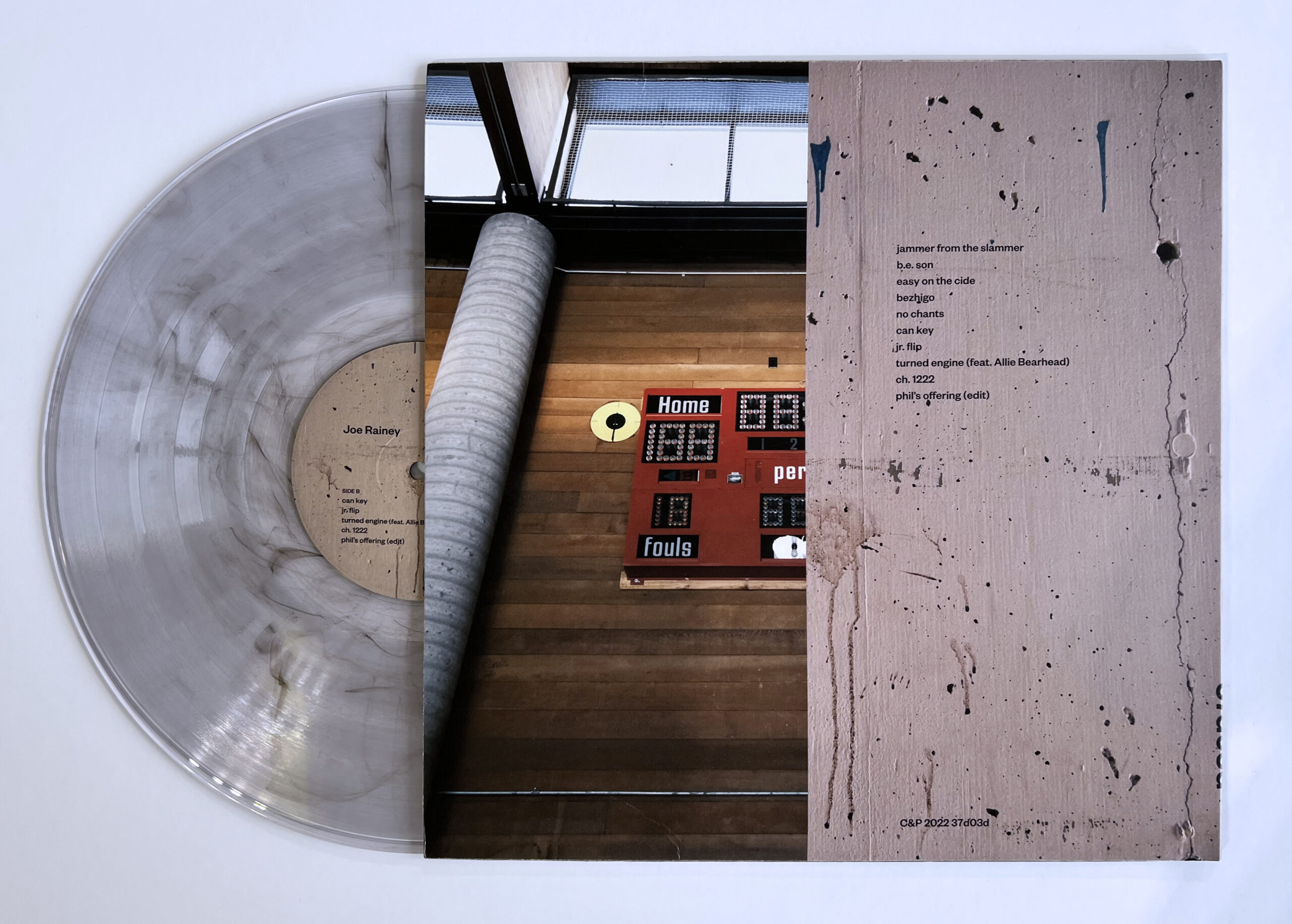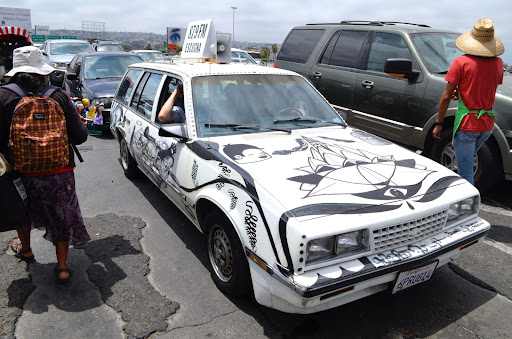Sound and Power
Over six essays published in 2022, Conversations on Sound and Power gathers exchanges from a wide variety of contemporary artists, scholars, writers, activists, and interdisciplinary practitioners concerned with how sound and ideas about sound shape our historical, experiential, juridical, intersubjective, and current socio-political entanglements.
Conversations on Sound and Power is organized by Sonic Insurgency Research Group (Josh Rios, Anthony Romero and Matt Joynt) whose research-based performance and exhibition practice examines normalized associations between criminality and sound, silencing as a form of social control, and voicing as a form of social resistance.
FEATURES
- Public Actions
- Publication
- Black Ecologies
- Counter-Infrastructures
- Dispatches
- MARCH 01
- Multidirectional Memory
- Publishing As Protocol
- Sound and Power
- Tools for Radical Study
- Triennials Out of Time
MARCH is a journal of art & strategy founded by Sarrita Hunn and James McAnally.
Sound, Power and Culture
Building on our Conversations on Sound and Power feature organized with Sonic Insurgency Research Group (SIRG), we are pleased to announce the fourth iteration of “Sound, Power and Culture,” a winter study group on sound and power organized by SIRG member Josh Rios with special co-facilitator Johann Diedrick in January 2024.
Conversations on Sound and Power: Joe Rainey
Continuing our Conversations on Sound and Power, Sonic Insurgency Research Group interviews Joe Rainey about his recent album Niineta which brings together dynamic powwow performances and experimental distortion.
Sound, Power and Culture
Building on our recent Conversations on Sound and Power, we are pleased to announce “Sound, Power and Culture,” a winter study group organized Josh Rios in January 2023.
Conversations on Sound and Power: Sandra de la Loza
Sandra de la Loza’s research-based practice investigates the under layers of our present landscape to open portals and envision future worlds through collective memory and political imagination.
Conversations on Sound and Power: Alex E. Chávez – Part 1
Alex E. Chávez’s anthropological and autoethnographic practices address the relation between sound, power, and culture, especially in terms of how Latinx diasporic sonic traditions and experiments move through histories of migration.
Conversations on Sound and Power: Alex E. Chávez – Part 2
A focus on sound, sonic practices, and sounding within the larger framework of Latinx studies necessarily invokes a concern with emplacement, which is necessarily embodied.
Conversations on Sound and Power: Allie Martin
Allie Martin uses ethnographic fieldwork and digital humanities methodologies to consider how gentrification impacts and impedes on Black sonic life.
Conversations on Sound and Power: Cog•nate Collective
Cog•nate Collective develops research projects, public interventions, and experimental pedagogical programs in collaboration with communities across the US/Mexico border region.
Conversations on Sound and Power: Jillian Hernandez
Writing through her experience as a founding member of the community arts collective Women on the Rise!, Jillian Hernandez examines how Black and Latinx working-class bodies, sexualities, and cultural practices are policed through gendered tropes of deviance and respectability.








